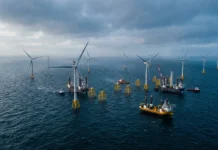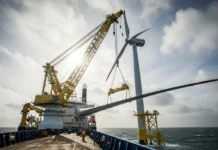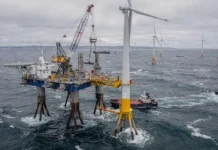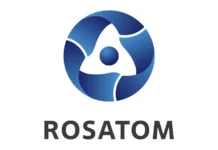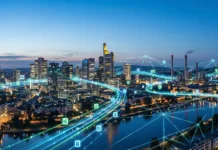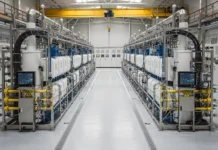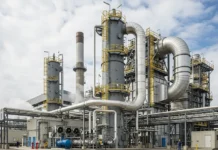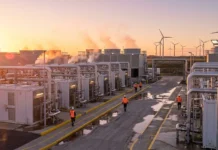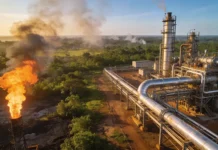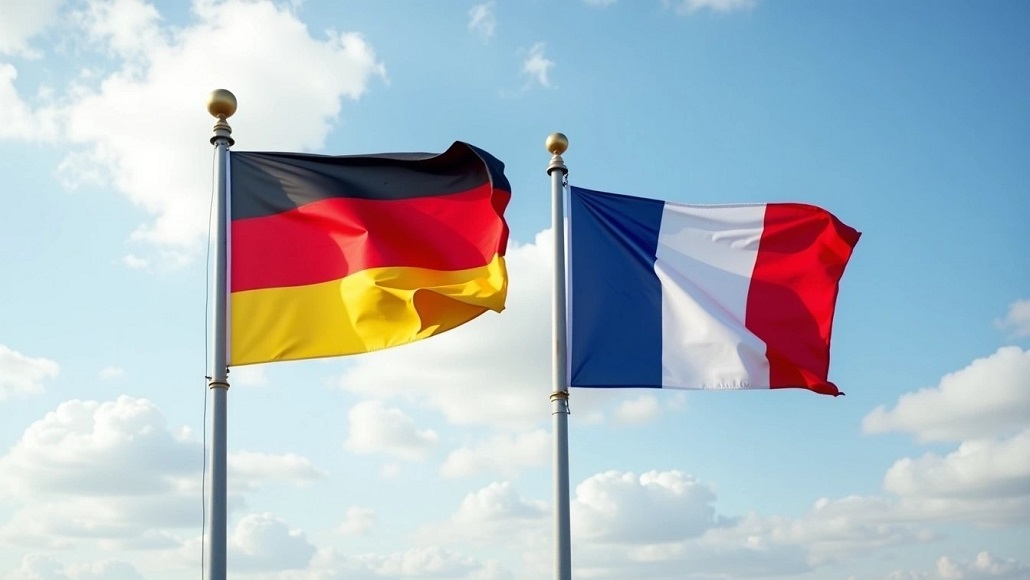On 29 August 2025, the French President and German Chancellor hosted the 25th Franco-German Council of Ministers, with the purpose of putting the two countries to work at the international, EU, and bilateral levels and working towards joint initiatives and coordinated positions. One important focus of the talks was Franco-German cooperation on energy, which the two nations perceive as the foundation of a secure, sustainable, and competitive European energy market. The renewed dialogue also aims to bridge policy differences and create joint initiatives that can act as a reference for broader EU-wide collaboration.
Germany and France signed up for a package of flagship projects that show their commitment to closer convergence. One of the most significant steps is the exploration of a new cross-border electricity interconnector, currently under review by Amprion, TransnetBW, and RTE. Together with Poland, both countries will permit their transmission system operators (TSOs) to conduct a coordinated study by 2026 to assess interdependencies, enhance economic efficiency of grid investments, and analyse European grid stability.
Hydrogen infrastructure also stands at the core of Franco-German energy cooperation. The two governments reaffirmed their long-term backing for the Southwestern Hydrogen Corridor, which encompasses the H2Med and HY-FEN pipeline projects. Ongoing and upcoming feasibility studies will guide the next stages of development and investment decisions. The initiative is supported by the Franco-German Working Group on Hydrogen, while wider discussions with Spain, Portugal, and the European Commission will address how to share and manage risks.
In regulatory matters, Franco-German Council of Ministers stressed the importance of agreeing on a common position regarding the Delegated Act on the carbon footprint of batteries. Given that Europe’s electricity mix is considerably cleaner than in many other global regions, they believe the chosen methodology must ensure fair competition and reinforce the continent’s industrial strengths.
Both governments agreed to establish a process for developing shared perspectives on how various energy technologies can contribute to climate goals. Part of this cooperation will examine how to simplify administrative and regulatory procedures. The result would lead to the combined proposals in areas like the EU 2040 energy framework and fair treatment of all low-carbon technologies in achieving net-zero ambitions.
Electricity affordability was also highlighted. Joint work will therefore cover grid charges, implementation of European energy market rules including the Capacity Allocation and Congestion Management (CACM) regulation and the upcoming Network Code on Demand Response (NC DR) , and capacity remuneration mechanisms. The talks also addressed ways to address increasing energy needs of data centers and AI industries in a secure and timely manner with grid connections.
The governments reiterated their focus on pushing hydrogen development forward through a pragmatic and cost-effective scale-up. Their cooperation under the H2 Important Projects of Common European Interest (IPCEI) program has already helped establish a European value chain for hydrogen equipment, and this will continue to align with projects such as the Southwestern Hydrogen Corridor. In addition to infrastructure, cooperation in research is also a priority. Bi-lateral projects until 2027 are exploring electrochemical hydrogen production, hydrogen infrastructure, and system integration with a common vision of increasing such collaborations in Europe. Nuclear fusion and innovative renewable energy solutions also form part of this research agenda.
Finally, France and Germany confirmed continued support for the German-French Office for the Energy Transition (DFBEW/OFATE), which will remain a key instrument for bilateral dialogue. Through this, both nations reaffirm their long-standing commitment to Franco-German energy cooperation as a central driver of Europe’s sustainable, competitive, and resilient energy future.










